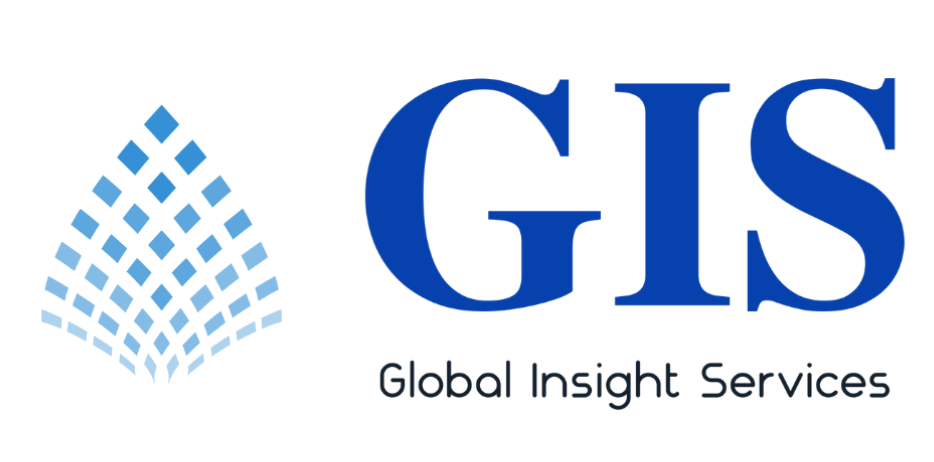Connected Healthcare Market : The healthcare landscape is undergoing a profound transformation, driven by the convergence of healthcare and technology. At the forefront of this revolution is the connected healthcare market, which leverages digital solutions to enhance patient care, improve healthcare delivery, and empower individuals to take charge of their well-being. In this article, we will explore the dynamic connected healthcare market, examining its growth, technological advancements, and the transformative impact it has on the healthcare industry.
The Rise of Connected Healthcare
Connected healthcare, often referred to as digital health or eHealth, encompasses a wide range of technologies and services that facilitate the exchange of healthcare information among patients, healthcare providers, and other stakeholders. Key elements of connected healthcare include:
-
- Telemedicine and Telehealth: Virtual consultations, remote monitoring, and telemedicine platforms enable patients to access medical care from the comfort of their homes, increasing healthcare accessibility.
- Wearable Devices: Wearable fitness trackers, smartwatches, and health monitoring devices allow individuals to track their vital signs, physical activity, and overall health in real time.
- Health Information Systems: Electronic health records (EHRs) and health information exchange systems streamline data sharing among healthcare professionals, improving care coordination.
- IoT in Healthcare: The Internet of Things (IoT) is revolutionizing healthcare by connecting medical devices, sensors, and equipment for data-driven insights and automation.
Market Trends and Opportunities
-
- Telehealth Expansion: The COVID-19 pandemic accelerated the adoption of telehealth, and this trend is expected to continue as telehealth services expand to cover a broader range of medical specialties.
- Remote Monitoring: Remote patient monitoring (RPM) is gaining traction, with a focus on managing chronic conditions and ensuring early intervention for deteriorating health.
- Artificial Intelligence (AI): AI-driven healthcare solutions, including diagnostic tools and predictive analytics, are improving patient outcomes and reducing healthcare costs.
- Cybersecurity: As healthcare data becomes more digital, the need for robust cybersecurity measures to protect patient information is paramount.
The Future of Connected Healthcare
The connected healthcare market is poised for transformative growth and innovation. Here are some anticipated trends:
-
- Precision Medicine: The integration of genomics, biomarkers, and patient data will drive personalized treatment plans and drug development.
- Blockchain for Data Security: Blockchain technology may play a significant role in enhancing data security, integrity, and interoperability in healthcare.
- Health AI Assistants: AI-powered virtual healthcare assistants will provide personalized health advice, reminders, and medication management.
- Global Health Connectivity: Interconnected healthcare systems will facilitate the sharing of best practices, research, and medical expertise across borders.
Conclusion
Connected healthcare is reshaping the healthcare landscape by harnessing the power of technology to improve patient outcomes, increase healthcare accessibility, and drive innovation. As the industry continues to evolve, the connected healthcare market will remain a driving force in shaping the future of healthcare delivery and patient engagement. With a commitment to innovation, data security, and patient-centered care, connected healthcare is pioneering a new era of digital health, offering promising solutions to the complex challenges facing healthcare systems worldwide.
Download Free PDF Sample Report : https://www.globalinsightservices.com/request-sample/GIS21675

